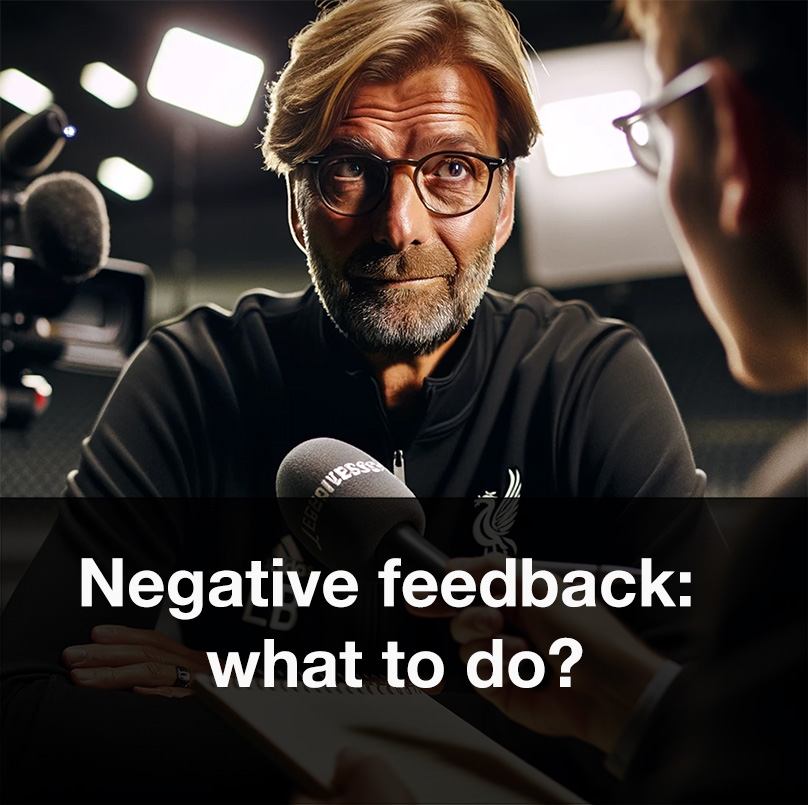
by Andre published 6 months ago
Is it feedback or self-revelation?
How to handle harsh criticism better.
Writing on LinkedIn is part of my job. Sometimes I get quite critical or even personal feedback aimed at my integrity.
I know that this is an experience that is part of our professional world. In my coaching sessions, my clients repeatedly report feedback from superiors or customers that is quite devastating.
Of course, it is important for our personal and professional development to be able to accept feedback and criticism. At the same time, we don't have to take every negative comment at face value.
So how can you tell whether feedback and criticism is worthy of attention?
1. specific vs general:
Good feedback is specific and based on observations. Less helpful feedback, on the other hand, is general, cannot be backed up with examples and provides little impetus for development.
2. factual vs personal:
Does the feedback relate to performance, actions and content or to us as a person? We already live in times in which we identify almost too much with our work, so feedback should definitely make a distinction between the two.
3. constructive vs destructive:
Is it about you improving, learning and developing or is it about you feeling down, realizing how miserable you are and doubting yourself? We do the latter far too often anyway.
If you go through these criteria and realize that the feedback is rather poor in quality, then you can do the following:
1. Ask!
Offer the opportunity to be more specific, switch to a factual level or be constructive.
"Do you have an example for me?", "Can we focus on the skills instead of me as a person?", "How can I do this better in the future?"
2. Sort out your feelings!
Negative feedback can make you offended, sad or angry. That's perfectly okay. Take space and time to process your feelings so that you can be more mindful in critical situations.
3. Check!
Be honest with yourself: What uncomfortable but constructive questions do you need to ask yourself in light of the feedback? Is there perhaps something that could be helpful? Very importantly, get further feedback. Ask other people who have enough information about you what they think.
Sometimes harsh criticism is helpful criticism that is not well packaged. Asking questions can help.
Sometimes, however, harsh criticism is more of a self-revelation on the part of the person criticizing.
What helps you to deal with criticism better?